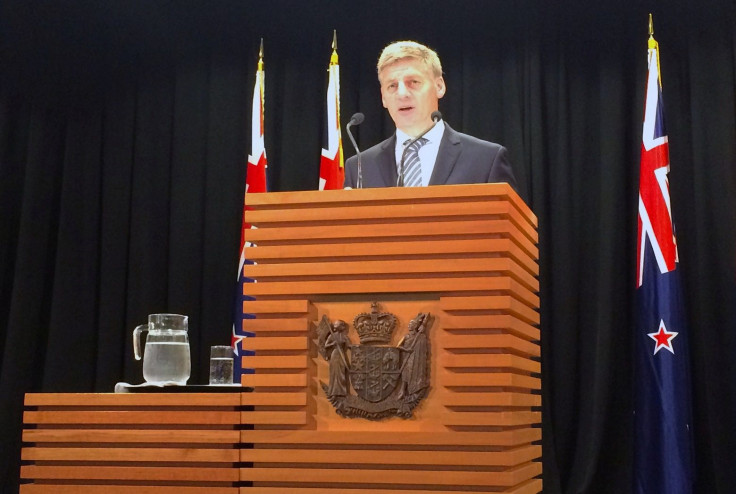Foreigners flocking to New Zealand aggravates housing shortage and traffic congestion

Andrew Little, Leader of Labour Party, said that the country should rethink its current setting after an unprecedented influx of immigrants in New Zealand. The opposition leader said that half of the new arrivals decided to live in Auckland leading to the exacerbation of the existing problems in the country. New Zealand problems included housing shortage, soaring house prices, traffic congestion and stretching infrastructure.
Opposition parties were trying to exploit concerns about the impact of population growth due to the foreigners coming to the country. But the government viewed it the other way. The government said that immigrants has helped to fuel economic growth of the country and has filled vacancies in key industries. However, issuance of visas was still strict for unskilled workers. The government said that the strict rule aimed to manage the number and improve the quality of migrants coming to New Zealand.
Statistic New Zealand said on Wednesday that immigrants on work visas increased by 13 percent in the year through March while the residence visa holders increased by 14 percent. However, student visa fell by 14 percent. Australia was the biggest source of the migrants in the country with 25,557 people. Almost two-thirds of the migrants were returning New Zealand citizens. Indian arrivals decreased by 38 percent due to the slump of people coming on student visas. U.K. migrants increased by 12 percent while China rose by 5.4 percent.
Massey University sociologist and immigration expert Paul Spoonley said that the numbers from the statistics result were too high and not sustainable. He said that anxiety levels have gone up as well due to the result of the high migration numbers. He added that informed debated was needed on the migration issue. Spoonley said that he thought the adjustments made by the government in 2016 would result in the dropping of migration numbers. However, he noted that increase in points and suspension of parents of category did not give the expected result.
Westpac forecasted that net migration would stay around the current levels for the next two to three months. A gradual drop of around 60,000 annual gain by the end of the year was expected. By the end of 2018, it is expected to drop around 45,000.
Prime Minister Bill English said the country's real challenge was responding to the population growth and investing to support it. He said that the government wanted to continue providing the quality of life that immigrants came for.
Why visit New Zealand in 2017
The Telegraph/YouTube





















